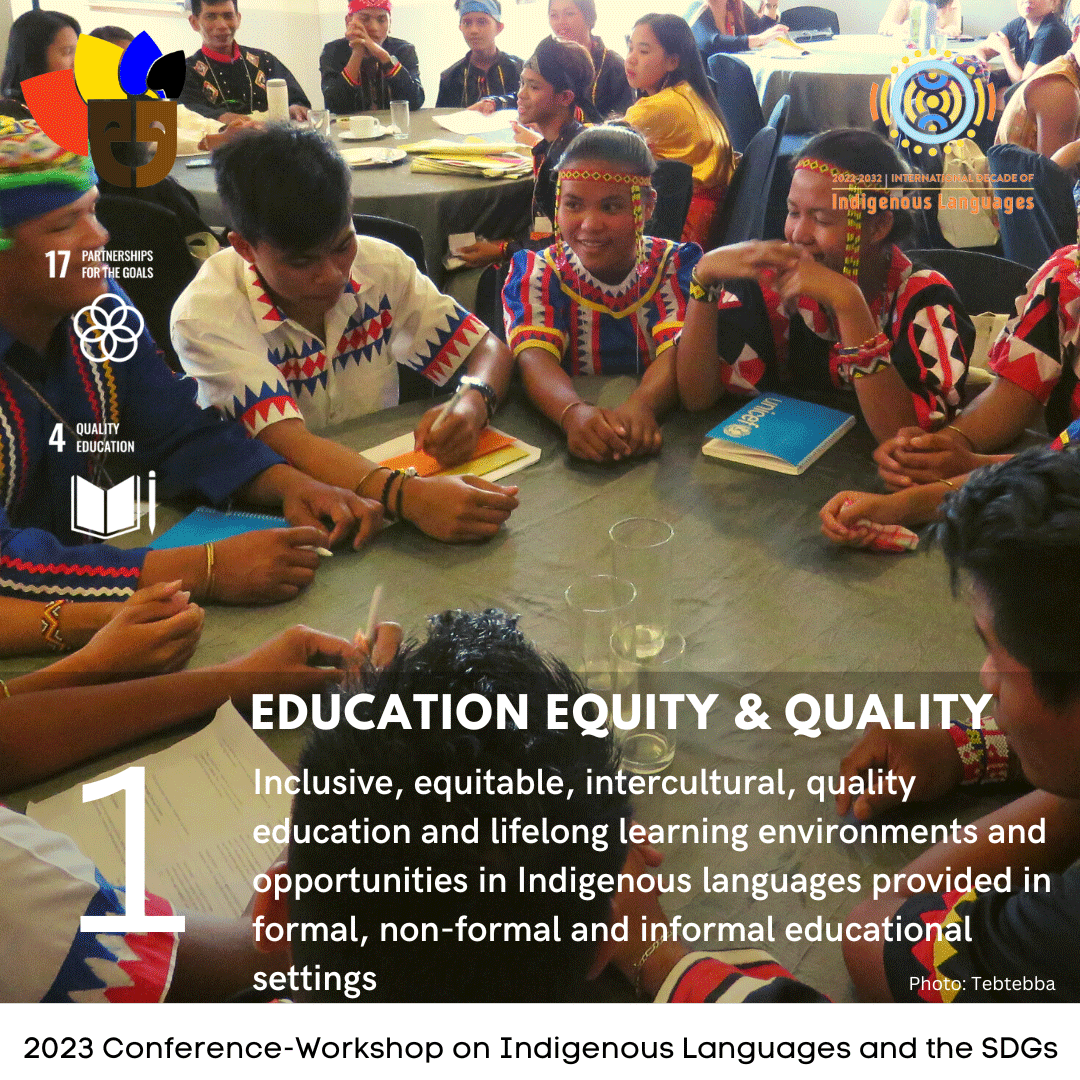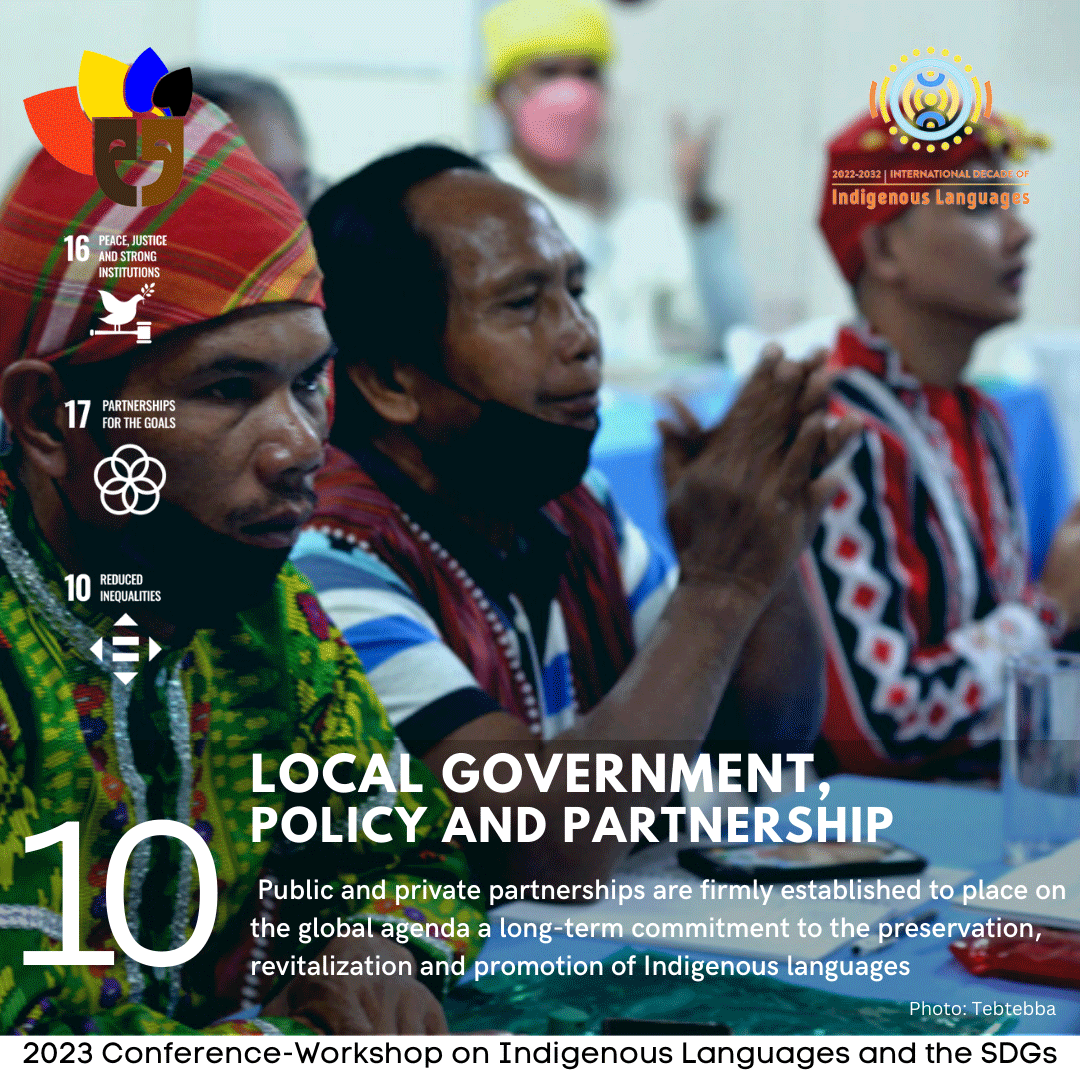Rationale and Objectives
The year 2023 is a pivotal period as the world’s economies transition from pandemic response and recovery to a reimagined post-pandemic social order. Various large-scale assessments have established that the pandemic has left serious damage to social and economic sectors that it may take decades to recover, if at all. The Asian Development Bank in its 2020 country assessment cautions that a lot of countries, including the Philippines, may be unable to meet the first four of the Sustainable Development Goals—no poverty, zero hunger, good health and well-being, and quality education—by 2030, as the ongoing pandemic has reversed modest gains in development work.
The education crisis that preceded the pandemic is further escalated by unstable transitions that put at risk continuity of equitable policies and affirmative action. As governments obsess with fund-raising in the name of economic recovery, key human development areas have been unnecessarily deprioritized, among these the critical role of indigenous languages in meeting the development goals at all levels. Indigenous and multilingual education advocates, scholars and social scientists recognize that the arduous task of documentation, promotion, integration, and revitalization requires a whole of systems approach in reasserting the critical role of indigenous and non-dominant languages in equitable and quality education and development even as countries continue to deal with the pandemic and slow economic growth. The conference provides the platform for key stakeholders to begin the process of a strategic national response to the Four Outcomes envisioned in the Global Action Plan of the International Decade on Indigenous Languages 2022-2032 (IDIL), in alignment to the Sustainable Development Goals, and the various national, regional, sectoral and agency, and local development goals.
The Conference aims to:
- raise and deepen awareness of participants on the goals and objectives of International Decade of Indigenous Languages 2022-2032 (IDIL 2022-2032);
- exchange information on the current state of the indigenous languages and the extent of their use in education and official functions;
- start the planning process for the IDIL national-level response in alignment to the Global Action Plan and the Sustainable Development Goals;
- promote cooperation, forge linkages, and form an interim steering committee that will oversee the implementation of the national-level strategic plan; and
- update educators and researchers on new developments, directions, as well as emerginissues in indigenous people’s education (IPED).











